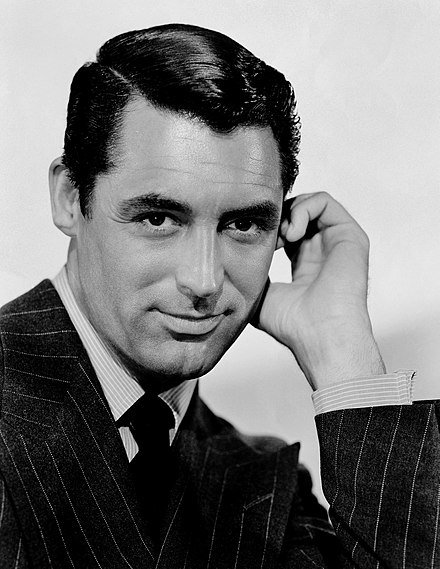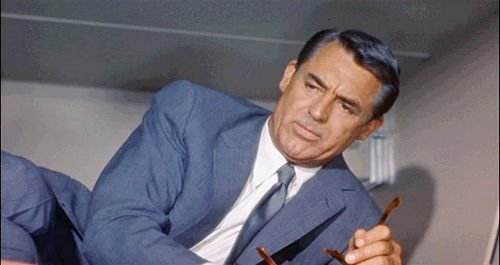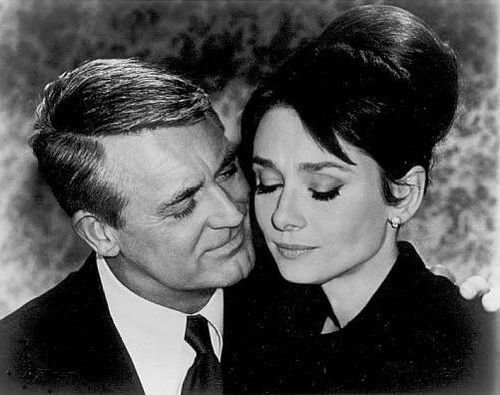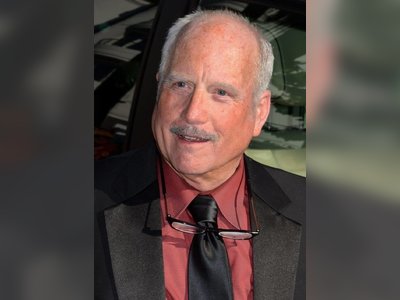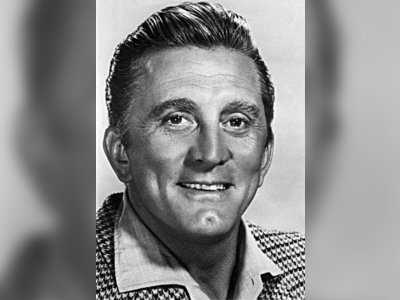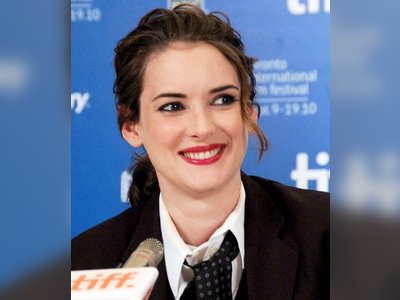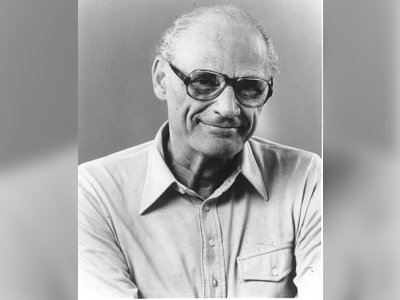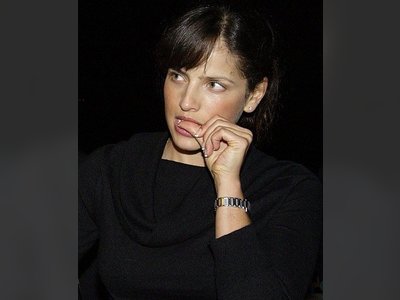Cary Grant
Cary Grant (January 18, 1904 – November 29, 1986) was a British actor of Jewish descent who had an impressive career in the United States. He was ranked second on the American Film Institute's list of "Greatest Male Stars of All Time." Some of his most famous films include "The Philadelphia Story," "North by Northwest," "To Catch a Thief," "Notorious," and "Bringing Up Baby."
Early Life
Cary Grant was born in 1904 as Archibald Alexander Leach in the impoverished neighborhood of Horfield in Bristol, South-West England, to Jewish parents. His father, Elias James Leach, worked as a men's suit presser. Grant, as an only child, had a troubled and unhappy childhood. His mother, Elsie, was institutionalized in a psychiatric hospital when he was just nine years old.
His father told him that his mother had gone on a long vacation, leaving Grant feeling insecure about his future relationships with women and leading to a life-long sense of insecurity. This lack of security motivated him to constantly reinvent himself, which he found in the world of acting, where he could become someone else entirely.
At the age of 14, Grant was expelled from the school he attended in Bristol, and in 1918, he joined the Bob Pender stage troupe, which toured for two years in the United States. When the troupe returned to Britain, Grant decided to stay in the United States and try to establish an independent acting career. He began his career in a theater in St. Louis, Missouri, and appeared in various plays such as "The Three Musketeers" and others.
Hollywood Star
Only in 1931, after appearing in light comedies on Broadway, did he arrive in Hollywood and signed a contract with Paramount Pictures. He adopted the name 'Cary Grant,' with the initials CG, to resemble successful actors such as Clark Gable and Gary Cooper.
Grant rose to stardom after appearing in movies alongside Mae West, including "She Done Him Wrong" and "I'm No Angel" (both in 1933). "She Done Him Wrong" was even nominated for an Academy Award for Best Picture, which saved Paramount Pictures from bankruptcy.
However, even before that, he had a major role alongside Marlene Dietrich in "Blonde Venus." After this success, he starred in a series of less notable films until he signed with Columbia Pictures in 1936 and appeared in the comedy "The Awful Truth," directed by Leo McCarey.
His early Hollywood appearances were in romantic comedies, often portraying charming yet not entirely reliable characters, as seen in "The Awful Truth" alongside Irene Dunne. Grant was a versatile actor who could handle physical comedy, as seen in "Bringing Up Baby," based on the skills he developed on stage.
He was the favorite actor of director Alfred Hitchcock, known for his disdain for actors, who once said of Grant, "He is the only actor I ever loved." Grant starred in four of Hitchcock's classic suspense films: "Notorious," "Suspicion," "To Catch a Thief," and "North by Northwest."
In the mid-1950s, Grant established his production company, "Grantley Productions," and produced several films, supported by Universal Pictures, including "Indiscreet" directed by Stanley Donen, "Holiday" directed by George Cukor, and "Operation Petticoat" directed by Blake Edwards. During this period, Grant received two Oscar nominations but never won the award.
He chose to walk away from the major studios and successfully negotiated his own contracts, controlling all aspects of his career, even though it cost him the Oscar. He received an Honorary Award in 1970, recognizing his career achievements.
Personal Life
Cary Grant maintained a high level of privacy, revealing very little about his personal life. He was married five times. His first wife was actress Virginia Cherrill, the Duchess of Jersey.
His second wife, whom he married after moving to the United States (apparently to evade British military service), was Barbara Hutton, the wealthy American heiress.
In Mark Eliot's biography of Cary Grant, an American author specializing in celebrity biographies, it is suggested that FBI director J. Edgar Hoover recruited Cary Grant during World War II to investigate whether Barbara Hutton was diverting part of her immense fortune to the Nazis.
Grant took the investigation seriously and agreed to marry Barbara Hutton for the sake of the investigation. In the last years of his life, it was revealed that the British actor Noël Coward was recruited into the British intelligence service during the war and operated in the United States before it entered the war.
His mission was to investigate the attitudes of both extreme right-wing and extreme left-wing circles in the United States toward Britain's war effort. Grant and Coward reportedly worked together during this time.
Shortly after the establishment of the State of Israel, Grant became one of the most dedicated fundraisers for Jewish causes, raising funds for the fledgling nation. Some attributed this to his Jewish heritage.
His third wife was actress Betsy Drake, and his fourth wife was Dyan Cannon, with whom he had his only biological child, Jennifer Grant. His fifth and final wife, who remained with him until his death, was hotelier Barbara Harris, who was 47 years younger than him.
According to many of his close associates, including his first two wives, who explicitly stated this, Grant was an active homosexual who had relationships with women but primarily had relationships with men.
One of the claims regarding Grant is that actor Randolph Scott was his lover. Throughout his life, Grant denied being homosexual and even filed a libel suit against comedian Chevy Chase for making a public statement regarding this.
Chase responded that he would call all 80 of Grant's lovers as witnesses, and Grant eventually withdrew the lawsuit. In a 2004 interview, his third wife commented that she had never thought to check the veracity of the rumors (regarding his homosexuality) because they were too busy having sex. Jennifer Grant
- קרי גרנטhe.wikipedia.org
